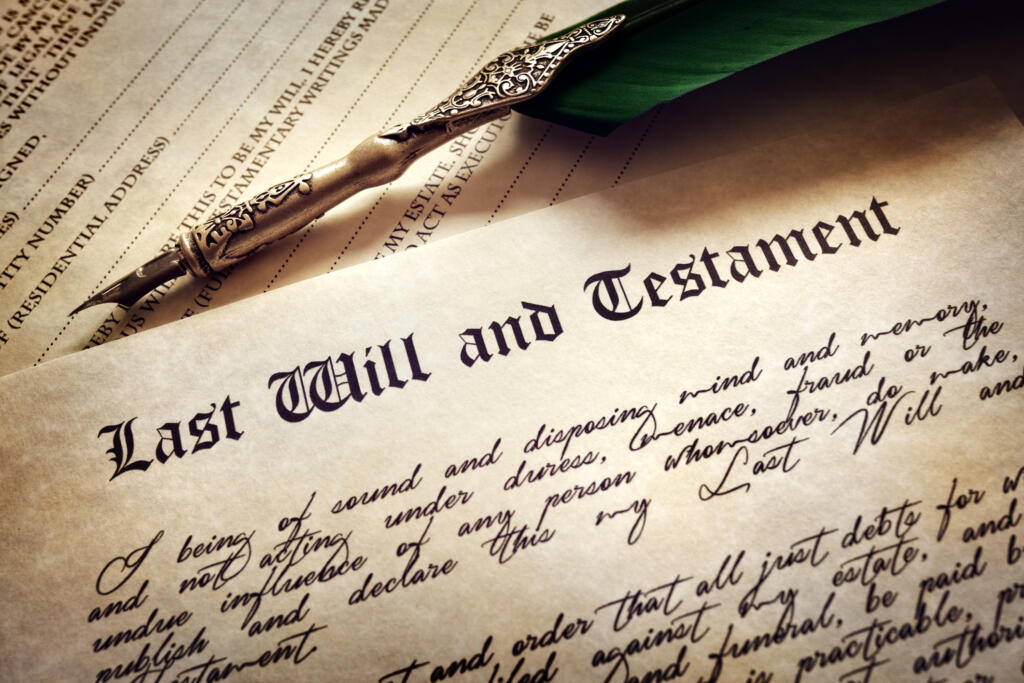
Challenges to Wills and estates are on the increase – do you have a Will in place or are you hoping that the rules of intestacy will cover your wishes?
According to recent surveys (carried out by Which and Co-op Legal Services) the number of adults in the UK with a Will is somewhere between 40% and 50%. The Telegraph reported in early March that in the face of the Coronavirus pandemic, the number of enquiries that Private Client legal teams were receiving about Wills and Lasting Powers of Attorney had increased by 30%, although I would be surprised if that represents a significant increase in the baseline figure.
This means that some 50% or more of adults must hope that the rules of intestacy (which govern the distribution of an estate where there is no Will) align with how they would want their estate to be dealt with on their death.
Challenges to Wills and estates are increasing
Reports in recent years have pointed to a steady increase in the number of challenges to Wills and inheritance disputes. Again, it is a sad fact that the current pandemic is likely to accelerate that increase, at least in the short term.
According to Ministry of Justice figures, a total of 188 cases were brought in the High Court to claim a share, or greater share, of an estate in 2019. The previous record was 158 in 2016, dropping to 145 in 2017 and 128 in 2018.
The figures do not appear that significant, but they tell only a fraction of the story. They do not record the claims brought in the County Court for financial provision under the Inheritance (Provision for Family and Dependants) Act 1975. Nor do they record the numerous claims which have been intimated and settled before proceedings were issued.
One likely cause for a further increase in the near future will be the probable rise in challenges to the validity of Wills due to a failure to follow the correct formalities for its execution, particularly during the pandemic. My article here explains what is required.
How has the pandemic played a part in challenges to Wills and estates?
Those most likely to be making a new Will or updating an older Will are going to be those that are most vulnerable to the virus and need to shield, which will have made executing a Will that much harder.
With the difficulties posed by social distancing rules and the need for some to shield, many may have turned to preparing their own Wills, so called ‘DIY Wills’. The risks of these failing is several fold, as I explained in my article back in February this year.
Executing a Will via video
The announcement last week that Wills can be executed by video link (e.g. Zoom, Whatsapp, Facetime, etc) is clearly intended by the Ministry of Justice to make executing Wills easier for those shielding or in isolation, but also to curb the number of likely challenges to the validity of Wills. It has been given retrospective effect so that any Wills executed by video link since January 2020 would be caught by the new legislation.
However, the guidelines for executing a Will by video link are fairly exacting and there could be any number of reasons why a challenge could still be brought, such as due to the poor quality of the video link, a failure to record the execution, or what was and was not in frame at the critical moment of execution.
What is clear is that the current situation is only likely to add to the incidences of estates being challenged. Cases of this kind are highly fact specific and early advice from a specialist solicitor dealing with inheritance and trust disputes is important, if not essential.
